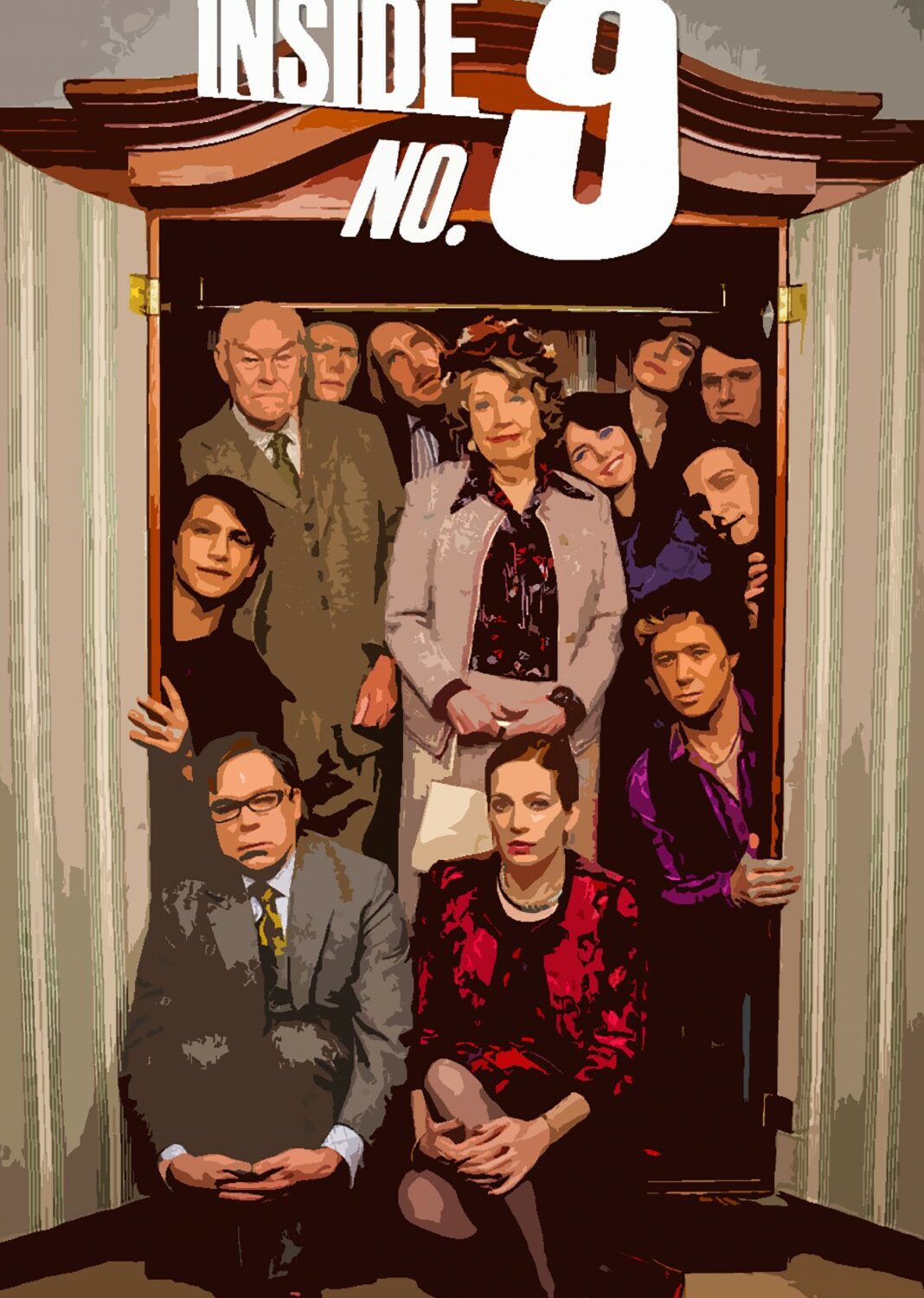The best show on British television – Inside No 9. Each time I watch an episode I am reminded of Henri Bergson. Bergson debated with Albert Einstein in the 1920s on the nature of time. Einstein was adamant that though space-time dilates, it is nonetheless objective. Bergson was adamant that time is what one thinks it. Obviously, Einstein is right. The time of an Inside No 9 episode can easily be measured in minutes, and that time can measure against the decay of a cesium atom. Bergson, though, was right that our perception of time is different to the passing of time. (Einstein and him were perhaps more cross-wired than opposed.) An episode of Inside No 9, lasts longer than most films to me, because each episode is more memorable than the average film.
Time perception is warped by novelty. We remember most intensely what was exceptional, surprising, strange. Time too feels like it slows down. Inside No 9 is always novel as each episode is autonomous; an anthology series like The Twilight Zone, each episode is like a mini-play without any make-more-money padding that would allow for more—yet far worse—episodes. The episode duration is short, but the twists and turns make it feel long. The dark humour combined with the familiar is funny. The contrast between the intense and the banal is funny—I am certain Killing Eve copies or is inspired by the combination of the sinister with banal. In Killing Eve, for example, there is Eve testing out how a blade could cut a leg before her husband brings her a cup of tea, or the mob boss entreated to watch a Disney movie with his psychopath employee. In Inside No 9 there is a robbery with the slapstick humour of Charlie Chaplin or Buster Keaton, While stealing a precious (dull looking) painting a robber has to go to the toilet, or at another time a robber accidentally rubs chilli peppers into his eyes. One episode can have a heterosexual couple argument develop into murder, with robbery turned into a greater robbery. The reality of Inside No 9 is rarely stable, with the superstitious and even the silly woven into wordplay or witchplay. As co-creator Steve Pemberton said, “the aim is always to wrongfoot the viewer. That’s what we strive for”.
One episode, is set on the ninth floor of the Hotel Zanzibar, and its story told in iambic pentameter. That episode clearly takes from A Comedy of Errors and A Midsummer Night’s Dream, and Macbeth. Instead of playing it safe by not having poetry on a main-channel, they showed the poetry of poetry; and that its mere ‘making sense’ is less important than it is entertaining.
For if it were merely about telling how-it-is, our entertainment would only be documentaries. Why expect one standard of language, but another of cameras? The creators, Reece Shearsmith and Steve Pemberton, are able to make a point in the most poetic way — without an audience even knowing. As the saying goes, “if you want someone to agree, make them laugh first”. If you want someone to realise the pleasure of ridiculous theatre, make them feel instead of ask them. Few, who nonetheless enjoy Inside No 9 would say they love theatre or poetry. There is a difference between what we say and what we do, what we say we like and what we actually do.
Steve Pemberton and Reece Shearsmith are heroes, for coming from Lancashire and Yorkshire schools rather than a private-school-to-Oxbridge or private-school-to-privileged acting school pattern, as is the case with Rowan Atkinson, Stephen Fry, Sandi Toksvig, Armando Iannucci, and Eddie Redmayne and Benedict Cumberbatch.
Where the aforementioned privileged merely act or present or write, Pemberton and Shearsmith have variably managed to write, direct and act! And without any timely agenda to make it popular online or ‘have an important message for US politics today’ or whatever. Some shows like BBC House of Cards ridicules Machiavellian politics, Star Trek promotes an egalitarian rationalist future, Buffy the Vampire Slayer feminism negotiating patriarchal tradition and myth, Killing Eve subverts the prim and proper stereotyping of women (a legacy of The Madonna). Inside No 9, doesn’t have much of a point except entertainment pleasure and riveting creative television, without the All-American cookie cutter applied to most ‘cinematic’ shows nowadays. No summaries, no flashbacks, no filler, and no tired plot arcs here. The episodes are weird to most, but that strangeness is their chief charm.
I can only say: watch it now. Seeing is believing; you’ll believe how good it is. They are all available on I-player

